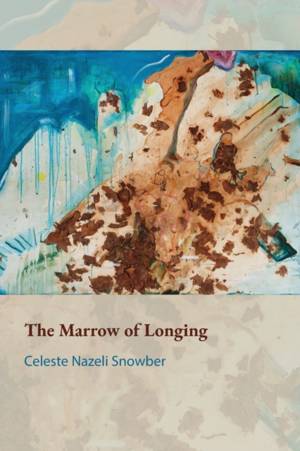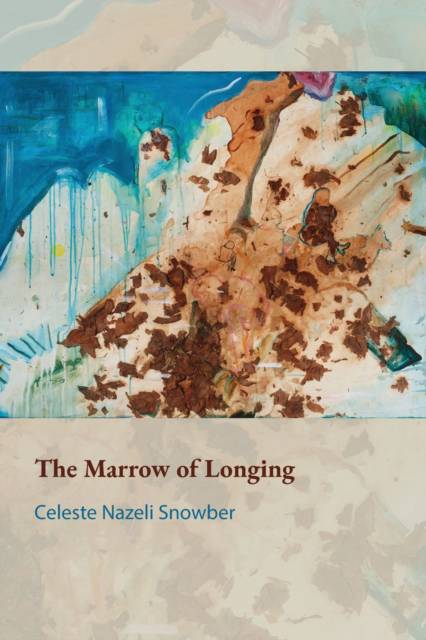
- Afhalen na 1 uur in een winkel met voorraad
- Gratis thuislevering in België vanaf € 30
- Ruim aanbod met 7 miljoen producten
- Afhalen na 1 uur in een winkel met voorraad
- Gratis thuislevering in België vanaf € 30
- Ruim aanbod met 7 miljoen producten
Omschrijving
A descendent of Armenian genocide survivors on her mother's side, Simon Fraser University professor Celeste Nazeli Snowber explores the relationship between longing, belonging, and identity. In The Marrow of Longing, her third book of poetry, Snowber traces her own aches of heart, intergenerational trauma, yearnings of body and the lessons learned in kitchen conversations to uncover universal themes and, in doing so, she effectively leads readers to discover what has shaped their own lives.
The inherited trauma of the Armenian genocide marked Snowber's childhood. Her poems express both the sense of loss which that event created within the culture and the counterbalancing satisfaction of being a survivor and witness. In reflecting on her own childhood, The Marrow of Longing explores universal experiences: fragmented memories of grandparents, parents' love letters, prayers in the night, cooking in the kitchen, and relationship to place. "Fragments can hold a world," says Snowber.
Snowber's work is always both deeply personal and deeply interpersonal. In excavating her own vulnerabilities and longings she invites the reader into a community of reflection. "look beneath the surface / how many dimensions/ one object, one heart holds.
"Motherhood is a recurring theme within The Marrow of Longing. Snowber recalls the lessons learned in kitchen conversations with her mother: the biographical details, the recipes of the old country, the wisdom of the ancestors. "My mother had an / eggplant soul / a beauty of both / dark and light / rough and tender...the meeting of art and life / just beneath the skin of plum black."
In other poems, Snowber speaks directly to her ancestral homeland as a living entity, "I am letting you / wash over me Armenia / stone to stone /kachkar to kachkar, / lavash to lavash/ ... dance my olive skin / on your baptized land."
Specificaties
Betrokkenen
- Auteur(s):
- Uitgeverij:
Inhoud
- Aantal bladzijden:
- 98
- Taal:
- Engels
Eigenschappen
- Productcode (EAN):
- 9781990137068
- Verschijningsdatum:
- 5/05/2021
- Uitvoering:
- Paperback
- Formaat:
- Trade paperback (VS)
- Afmetingen:
- 152 mm x 229 mm
- Gewicht:
- 185 g

Alleen bij Standaard Boekhandel
Beoordelingen
We publiceren alleen reviews die voldoen aan de voorwaarden voor reviews. Bekijk onze voorwaarden voor reviews.











